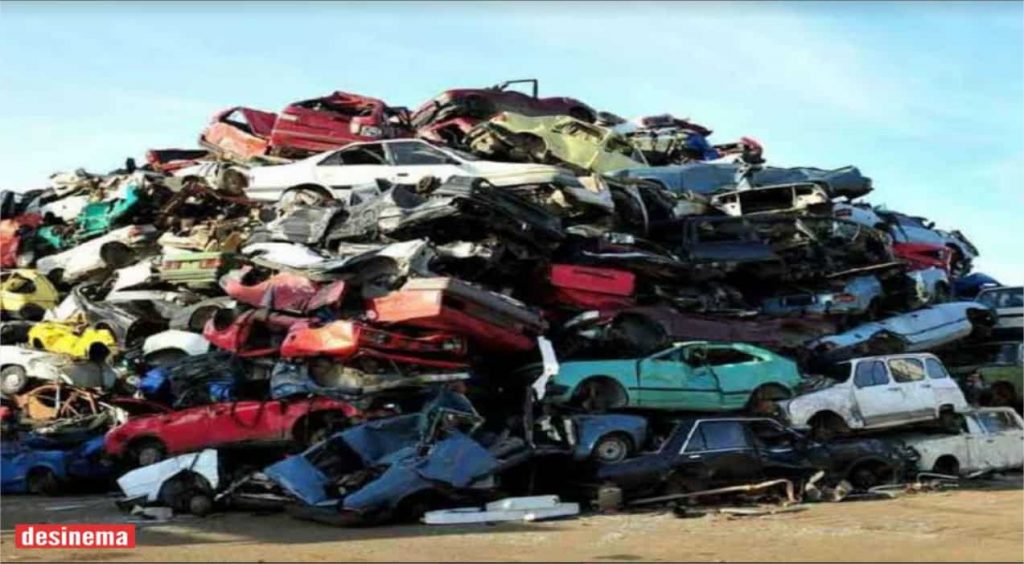The launch of India’s vehicle scrapping policy, or the “Voluntary Vehicle-Fleet Modernisation Programme”, seeks to usher in a new age of what it means to own and use an automobile in India. It was unveiled in Parliament in March by Road Transport & Highways Minister Nitin Gadkari.
On Friday, while launching the policy in an investor summit in Gujarat, Prime Minister Narendra Modi said it would help phase out unfit and polluting vehicles in an environment-friendly manner. “Our aim is to create a viable circular economy and bring value for all stakeholders while being environmentally responsible,” he said
PM Modi also said that a scrapping certificate would be issued for a vehicle, based on which there would be no registration fees required for the new vehicle purchase as part of the policy.Moreover, the government was also looking to provide some concessions on road tax. “The families would also be able to save on costs of maintenance, repair of the vehicle with better fuel efficiency. This policy would benefit common-man in all manner,” Modi said in his address.Talking about scrap import.
Modi said that India had to import scrap steel worth Rs 23000 crore last year since scrapping in the country is not as productive and carries zero energy recovery. Also, the new scrappage policy recognises the workers at scrapping facilities and small businessmen, who can become agents for authorised scrapping centers.after the accepted 20-year period. While it’s possible for the car to pass a fitness test and acquire a fitness certificate; each fitness test would cost approximately Rs 40,000, as media reports claimed earlier this year.
Citing Alang ship recycling yard in Gujarat, Modi said that the auto and metal industry is set to get a big boost with the policy, which would make scrap steel available locally. “Gujarat has witnessed the benefits of ship recycling, while it can also become a big hub of auto scrapping.”Their removal from the roads will not only urge their owners to buy new vehicles, and possibly adopt newer technologies, like EVs, it will also help bring down vehicular pollution by an estimated 25 percent.
Meanwhile, Union Transport Minister Nitin Gadkari, in his address, said that India currently has 10 million cars without valid fitness parameters, thereby adding to pollution and fuel costs.”Therefore, we thought of bringing a scrappage policy. Replacing old vehicles with new ones will benefit the environment by 10-12 per cent. The new scrappage policy will generate direct and indirect employment for about 50,000 people,” said Gadkari.
